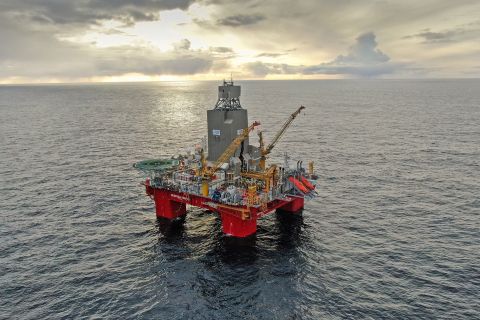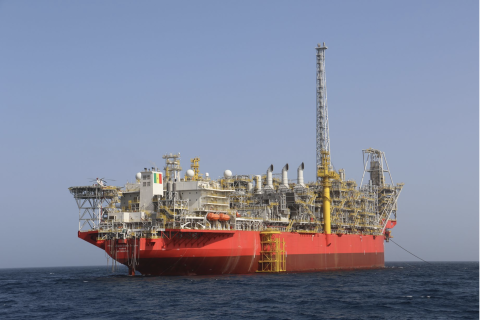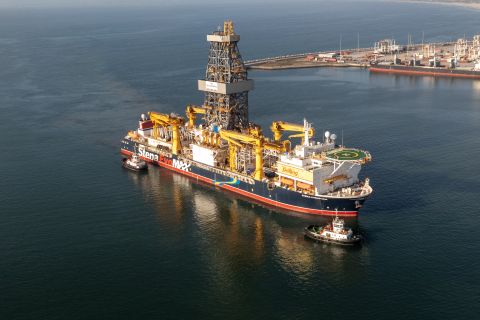Oil prices tumbled about 5% to a three-week low on June 17, led by a slump in U.S. gasoline futures, as investors worried interest rate hikes from major central banks could slow the global economy and cut demand for energy.
Also pressuring prices, the U.S. dollar this week rose to its highest since December 2002 against a basket of currencies. A stronger dollar makes oil more expensive for buyers using other currencies.
Brent futures fell $5.85, or 4.9%, to $113.96/bbl by 11:02 a.m. EDT (1502 GMT). WTI crude in the U.S. fell $6.66, or 5.7%, to $110.93. Both were on track for their lowest closes since May 25.
There will be no U.S. trading on June 20 for the Juneteenth holiday.
Brent was headed for its first weekly dip in five weeks, and WTI for its first weekly decline in eight weeks.
“With the central banks making pretty substantial moves to limit growth via interest rate hikes and monetary tightening is showing up here in the petroleum complex,” said John Kilduff, partner at Again Capital LLC in New York, noting slower economic growth should cut energy demand.
U.S. gasoline futures slid about 6% with analysts worried high pump prices will reduce demand.
Automobile group AAA said the price of diesel at the pump hit a record-high $5.798 per gallon on June 17, while the price of gasoline hit its record of $5.016 earlier in the week.
Global central bankers who quickly loosened monetary policy during the pandemic to avoid a depression, are now trying to fight inflation.
“The influence of the macro environment has started to take over from oil-specific fundamentals in recent days,” said Investec's head of commodities Callum Macpherson.
The Federal Reserve this week hiked rates by the most in more than a quarter of a century and signaled it will stay focused on fighting inflation.
With the Fed expected to keep raising interest rates, open interest in WTI futures on the Nymex fell on June 16 to its lowest since May 2016 as investors cut back on risky assets.
The global oil market continues to show signs of “turbulence,” Russian Deputy Prime Minister Alexander Novak said, blaming uncertainties over oil production recovery in Libya, Iran and Venezuela and a lack of energy infrastructure.
The market’s turbulence has increased since Russia invaded Ukraine on Feb. 24.
Russian gas flows to Europe fell short of demand on June 17 as an early heatwave in the south boosted demand for air-conditioning.
The EU’s executive recommended that Ukraine and Moldova become candidates for membership in the world’s largest trading bloc.
Recommended Reading
Vår Energi Hits Oil with Ringhorne North
2024-04-17 - Vår Energi’s North Sea discovery de-risks drilling prospects in the area and could be tied back to Balder area infrastructure.
Sangomar FPSO Arrives Offshore Senegal
2024-02-13 - Woodside’s Sangomar Field on track to start production in mid-2024.
Cronos Appraisal Confirms Discovery Offshore Cyprus
2024-02-15 - Eni-operated block partner TotalEnergies says appraisal confirms the presence of significant resources and production potential in the block.
Stena Evolution Upgrade Planned for Sparta Ops
2024-03-27 - The seventh-gen drillship will be upgraded with a 20,000-psi equipment package starting in 2026.
Shell Taps TechnipFMC for 20K System for Sparta
2024-02-19 - The deepwater greenfield project in the Gulf of Mexico targets reserves in the high-pressure Paleogene reservoir.





